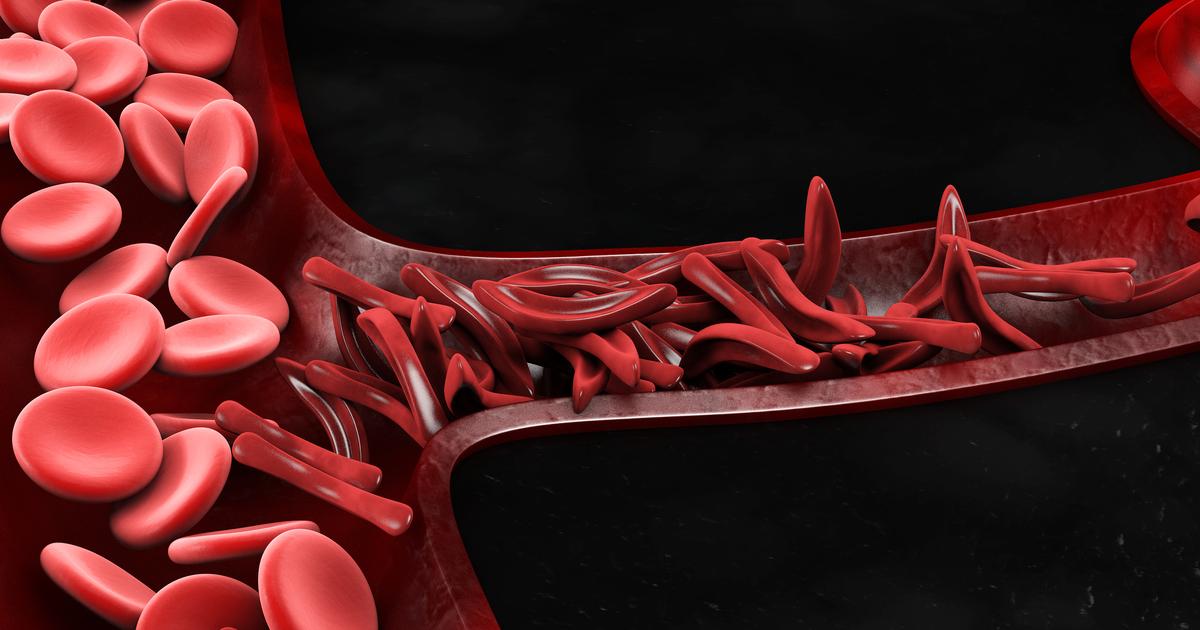Guide To The Causes Of Blood In Urine (Hematuria)
Sickle Cell Anemia

A sickle cell anemia patient may experience blood in their urine as a symptom of their hematological abnormalities. Sickle cell anemia is an inherited form of anemia that causes red blood cells to take on sticky and rigid characteristics. These abnormal red blood cells are referred to as sickle cells and do not perform their job properly. This mechanism causes the patient to have too few healthy, functioning red blood cells in their body (anemia). The sickle cells in an affected individual's blood flow through blood circulation and eventually enter the kidneys. The abnormal red blood cells can accumulate in the small vessels of the kidneys and cause an obstruction in the normal flow of blood. When blood is unable to circulate through the kidneys due to the presence of blockages, cells begin to die in the tiny filters in the organ. Blood leaks into the urine because the cells in the kidney filters that make up the blood vessels become damaged from a lack of blood flow.
Certain Medications

An individual who takes certain medications may blood in the urine as an adverse side effect of the drug they are taking. This form of hematuria is often referred to as drug-induced hematuria. Certain medications are capable of causing both gross hematuria and microscopic hematuria. The most common medications used in the population that is known to produce blood in the urine are called anticoagulants and antiplatelets. These medications stop the body from forming excessive and inappropriate blood clots. Medications used to treat heart conditions and problems with the circulatory system like statins and antihypertensive drugs have also caused hematuria. Antibiotics that are derivatives of penicillin and antiretrovirals have been known to provoke hematuria in patients who take them for extended periods. Other medications that can cause blood in the urine include analgesics, anticonvulsants, and chemotherapy drugs.
